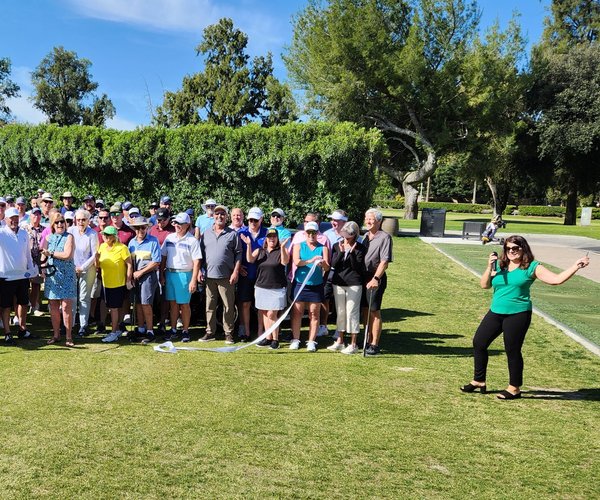As California issued a stay-at-home order and the number of patients dwindled at the Turlock doctor’s office where Stanislaus State graduate Arnold Velasquez worked as a nurse practitioner, the number of severely sick people with COVID-19 surged in states like New York.
“It was just all over the media and a lot of my friends were talking about how bad the hospitals were there,” said Velasquez. “I was at home for a couple of weeks and I felt like I had the credentials to go help in New York.”
Velasquez had prior experience working with patients in the ICU. After graduating with a bachelor’s degree in nursing from Stan State in 2015, he worked for three years as a registered nurse at Doctors Medical Center in Modesto.
When Stan State began a family nurse practitioner (FNP) master’s program in 2018, he returned to school, enrolled full time, and was a member of the first FNP cohort to graduate with a Master of Science in Nursing in December.
“I wanted to be a nurse practitioner all along, but there wasn’t a program in the area so when I learned Stan State was starting one, I jumped at the opportunity,” he said.
Then the pandemic hit. Faced with the danger of losing work in California and inspired to help patients in the Big Apple, Velasquez approached his employer at Tower Ear, Nose and Throat Care and asked if he could travel to the east coast to help combat the disease at “ground zero.”
“I talked to my boss and he commended me for wanting to help,” said Velasquez. “He told me to go and ensured my job would be secure when I came back.”
Velasquez contacted Aya Healthcare, a travel nursing company headquartered in San Diego and the firm connected him with NYU Langone, one of the nation’s largest academic medical centers headquartered in the heart of Manhattan.
“I signed a contract to come out here and work for eight weeks,” Velasquez said over the phone from his Airbnb in Brooklyn in early May.
It’s now been about three weeks since Velasquez arrived in New York. For most of those days, he’s worked 12-hour overnight shifts on a MedSurg floor which provides 24/7 care for rapidly progressing adult COVID-19 patients.
“Most of these patients go downhill really quickly,” he said. “They just keep saying ‘I can’t breathe. I can’t breathe.’ They can’t get enough oxygen and they feel like they’re gasping for air and they’re panicking. It’s really tough and eye-opening.”
During the first week of his contract, he said the hospital didn’t have enough personal protective equipment for every single nurse to replenish on a daily basis.
“The hospital gave us one N-95 mask to reuse for an entire week and gave us a paper bag to store it in,” he said.
By the time he began his second week, he said, the hospital had received a large shipment of masks, gowns and other PPE so nurses wouldn’t have to extend their use for nearly as long.
“We just got news that we are able to actually use one mask and gown per shift now so things are getting better,” he said.
While the supply of PPE is improving, Velasquez admits it’s still grueling work that puts him close to the deadly disease most people are trying to avoid.
“I was talking to one of the other nurses who said she’s only seen one person recover after being placed on a ventilator,” he said. “There was one day where my unit alone lost seven people, so it definitely takes an emotional toll.”
In the midst of the pandemic, however, he said there’s no other place he’d rather be and he’s already starting see how he can make a difference.
“I had a Russian lady come in. I admitted her and she didn't speak any English. The hospital isn’t letting any family members in so you could see the fear in her eyes. We couldn’t communicate very well so at one point I just rubbed her back, just showing her some support and she just broke out in tears,” he explained.
It’s moments like these Velasquez said his education at Stan State prepared him for.
“My professors taught me to treat every patient like they’re a member of my family so when I’m caring for someone, I think about how this could be my mother or my father,” he explained.
While it’s been nearly three years since he’s worked in a hospital setting, in true Warrior fashion, Velasquez said this is what he was called to do and vowed to continue fighting on the frontlines of the pandemic for as long as he is needed.
“I don’t have a military background, but I feel like this is another way I can serve my country.”
— Article courtesy of Stanislaus State.





